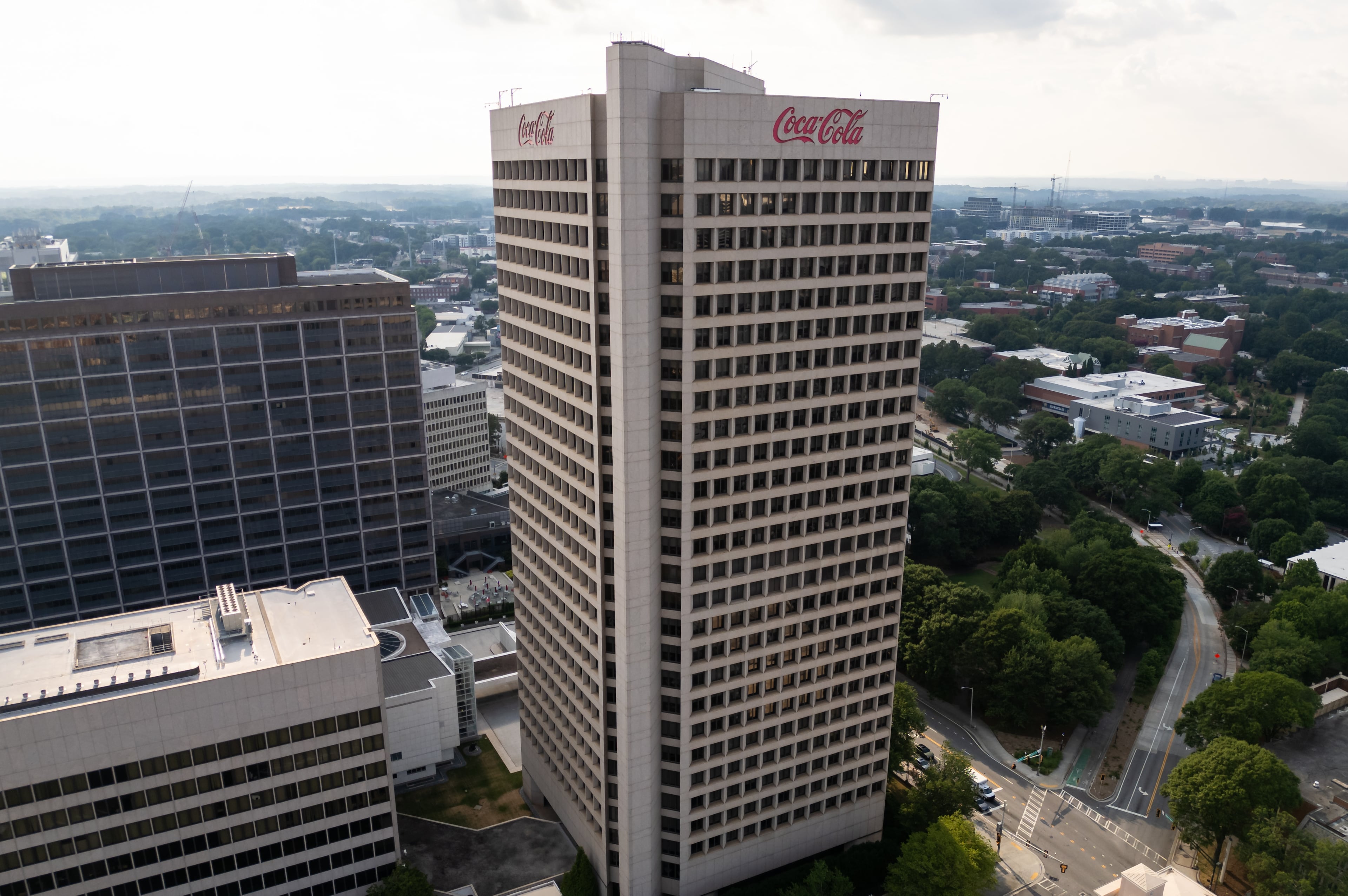Metro jobless rate slides again
Mitch Hires brought his Decatur building supply company through the housing bust, though it wasn’t easy.
Construction Resources had about 450 workers in three states when the Great Recession hit. “By the end of 2009, we were down to about 200.”
Now Hires’ company, which sells everything from window screens to countertops, is an emblem of the region’s slow recovery and dropping jobless rate. Revenue is back to pre-recession levels and headcount is up to 375.
“I feel Atlanta is at the beginning of a good period,” Hires said. “I am positive about 2014 and 2015…”
Metro Atlanta’s slog back toward economic health continued last month with the jobless rate slipping to 7.6 percent - its lowest point in more than four years, the state Labor Department reported Thursday.
The region’s rate is now almost even with the nation’s, after several years of staying stubbornly above. What’s more, unemployment in two of the region’s core counties, Cobb and Gwinnett, slid below 7 percent in April.
Improvement came for reasons both good and bad: every sector but government has been adding jobs, but at the same time some frustrated jobseekers have given up the search and are no longer officially counted as unemployed.
The harshest effects of the downturn that started in 2008 have largely played out, said Jeffrey Humphreys, director of the Selig Center for Economic Growth at the University of Georgia.
“Restructuring of the private sector is complete,” he said. “That means, to most people, that the housing bust is over.”
Housing may now be only a modest force for growth, but at least it is no longer a burden, he said.
“There’s also been general improvement in the macro-economy. Financial markets are not functioning normally, but they are functioning better than before.”
Metro Atlanta still has about 100,000 fewer jobs than before recession started in 2008, but it is steadily replacing them: The region added 12,900 jobs in April, and 48,200 in the past 12 months, the state reported.
A stronger market improves the odds for jobseekers – even those with troubled pasts.
Pamela Winn, 44, of Atlanta started looking for a job last summer even before being released from a federal prison for a tax-related conviction. She expected to have difficulty finding work – and she did. But she has finally landed a $10.25-an-hour position at a hardware chain.
“I am just excited to be there,” she said Thursday.
Among the region’s core counties, Gwinnett had the lowest rate in April at 6.8 percent, with Cobb at 6.9 percent. DeKalb was at 8.2 percent, Fulton at 8.3. The latter is down from 9.2 percent a year ago.
Before 2008, the region had weathered recessions without seeing its jobless rate reach even 7.5 percent. So the new numbers are rosy only compared with the double-digit joblessness of three years ago.
Diane Nobles, 59, is a paralegal who has spent fruitless months searching for a job in law. The former Marietta resident and her husband have been living in Abu Dhabi for five years but they want to come home. They have found that with a still-huge pool of unemployed, many employers can still be pretty selective.
“I send out my CV every day to several positions on (various online job sites),” she wrote via email.
Rajeev Dhawan, director of the Economic Forecasting Center at Georgia State, says the unemployment rate should be viewed skeptically: the figure is not adjusted for seasonal patterns.
The rate will often fall in a weak market if many frustrated jobseekers give up looking for work. If the proportion of working people were the same as in 2007, the unemployment rate would be higher, he said.
Roughly 207,000 people in metro Atlanta are jobless, according to government numbers, calculated from a national survey.
But that doesn’t include Sonya McCauley, 32, of Mableton, who has stopped looking. She was laid off from an office job nearly a year ago. Except for a few weeks of seasonal work around the holidays, an endless series of applications and interviews has come to naught.
“You have door after door slammed in your face,” she said. “I have pretty much given up.”
Now, she’s trying to market herself as a pet-keeper and babysitter, she said.
“It is better than nothing.”


